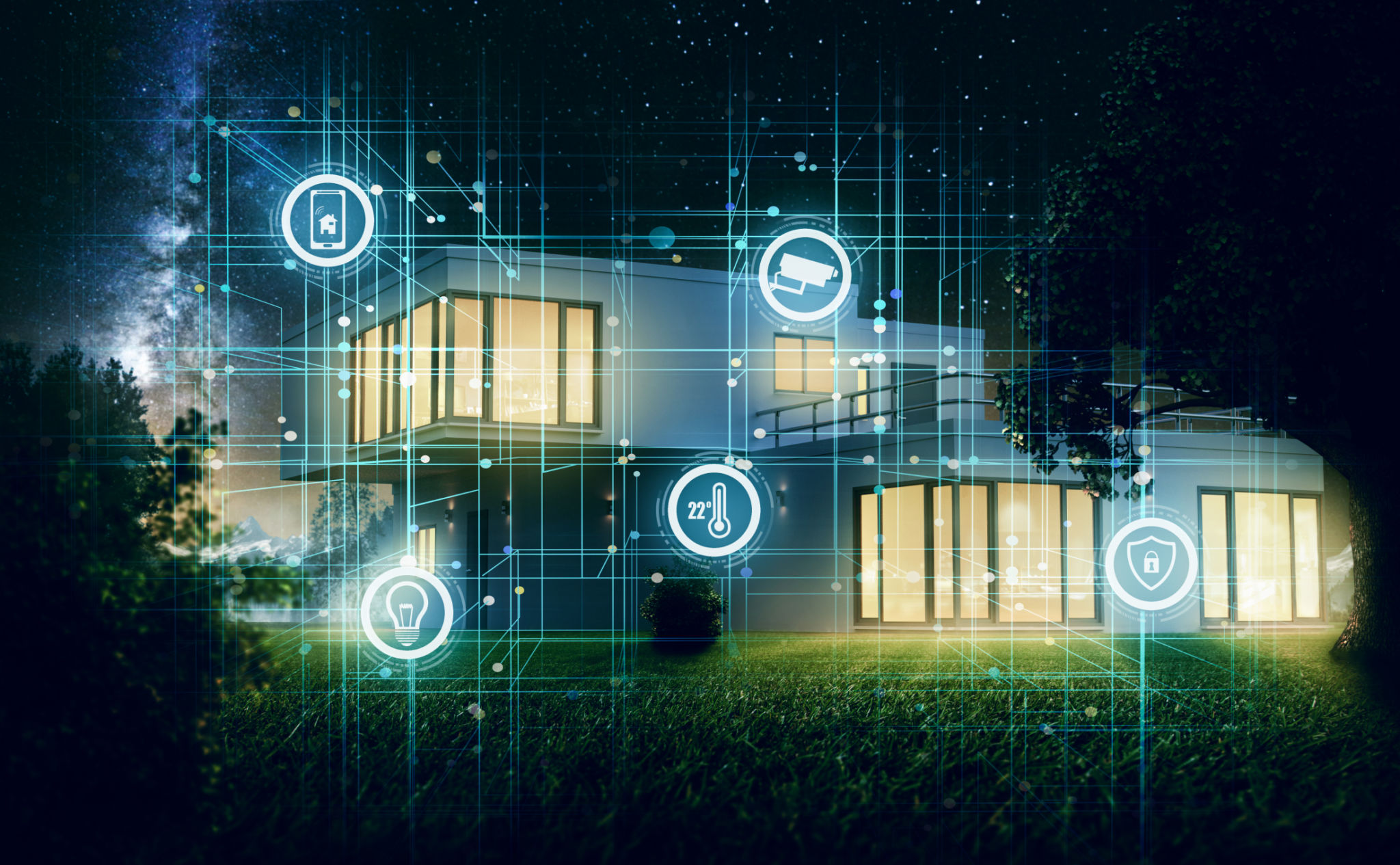Expert Insights: The Future of Smart Home Security Systems
CP
Smart Home Security: A New Era
The landscape of home security is undergoing a dramatic transformation with the advent of smart technology. As the world becomes increasingly interconnected, smart home security systems are evolving to offer more than just protection—they provide peace of mind, convenience, and even energy savings. In this blog post, we delve into expert insights to explore the future of these innovative systems.

Integration and Interoperability
One of the most significant trends in smart home security is the push towards integration and interoperability. With numerous devices from different manufacturers entering the market, creating a seamless ecosystem is crucial. Experts predict that future systems will prioritize compatibility, allowing users to control their security setup through a single interface or app, regardless of the brand.
This shift not only enhances user experience but also improves the overall efficacy of security systems. By integrating with other smart devices, such as lights, thermostats, and cameras, homeowners can create automated routines that simulate presence or respond dynamically to potential threats.
Artificial Intelligence and Machine Learning
Artificial intelligence (AI) and machine learning are at the forefront of modernizing home security. These technologies enable systems to learn from user behavior and environmental patterns, leading to more accurate threat detection. Future security systems are expected to leverage AI to distinguish between everyday occurrences and genuine security breaches, reducing false alarms significantly.

Moreover, machine learning algorithms can analyze vast amounts of data from connected devices to predict potential security vulnerabilities. This proactive approach allows homeowners to address issues before they become significant threats.
Enhanced Privacy and Data Protection
As smart home systems become more sophisticated, concerns about privacy and data protection are on the rise. Experts emphasize the importance of robust encryption and secure data handling protocols to protect users' information. Future systems will likely include advanced privacy features, such as encrypted communication channels and customizable data-sharing settings.
Users can expect more transparency from manufacturers regarding how their data is collected, used, and stored. This focus on privacy will build trust and encourage wider adoption of smart home security solutions.

The Role of IoT in Home Security
The Internet of Things (IoT) plays a pivotal role in the evolution of smart home security. By connecting various devices over the internet, IoT enables real-time monitoring and control from anywhere in the world. Future developments in IoT technology will likely enhance the scalability and flexibility of security systems, allowing homeowners to tailor their setups according to specific needs.
Additionally, IoT facilitates the integration of new technologies as they emerge, ensuring that smart home security systems remain cutting-edge and relevant in an ever-changing tech landscape.
Conclusion: Embracing the Future
The future of smart home security systems is bright, with exciting advancements on the horizon. As technology continues to evolve, these systems will not only provide enhanced protection but also transform our living spaces into intelligent, responsive environments. By embracing these innovations, homeowners can enjoy greater peace of mind and a higher quality of life.
In summary, the key trends shaping the future include integration and interoperability, AI and machine learning advancements, enhanced privacy measures, and the pivotal role of IoT. As these elements converge, they will redefine what it means to feel secure at home.
